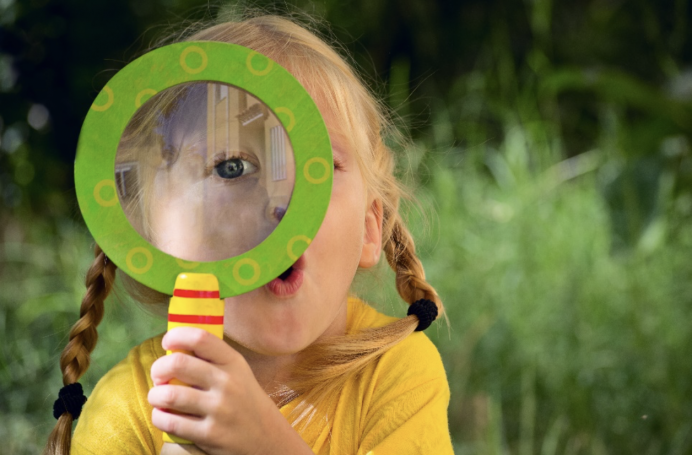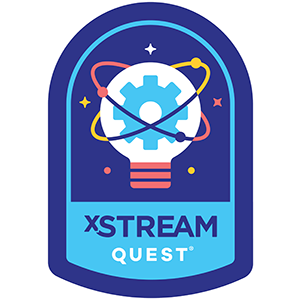The "whole child" development concept is not new. However, it has become a hot topic in today's parenting and educational circles The movement can actually be traced back to Johann Pestalozzi in 18th century Switzerland. He was the first to outline the different areas of a child's development and the importance of child-centered education. As a result, he is known as the father of modern education with the pedagogical commitment to developing a child's "head, heart and hands."

We now know through modern brain imaging how connected thinking, feeling and doing are in the healthy development of young children. Pestalozzi would be satisfied to know that what he learned through intense observation of children can now be proven through modern technology. His legacy lives on today through many great organizations that are committed to helping disadvantaged children have access to high-quality education. The following is Pestalozzi's documented philosophy of education and his influence on today's education that can be found at jhpestalozzi.org:
"Pestalozzi's approach has had massive influence on education ...
"Pestalozzi's approach has had massive influence on education ...
- The interests and needs of the child
- A child-centered rather than teacher-centered approach to teaching
- Active rather than passive participation in the learning experience
- The freedom of the child based on his or her natural development balanced with the self-discipline to function well as an individual and in society
- The child having direct experience of the world and the use of natural objects in teaching
- The use of the senses in training pupils in observation and judgement
- Cooperation between the school and the home and between parents and teachers
- The importance of an all-round education – an education of the head, the heart and the hands, but which is led by the heart
- The use of systemized subjects of instruction, which are also carefully graduated and illustrated
- Learning which is cross-curricular and includes a varied school life
- Education which puts emphasis on how things are taught as well as what is taught
- Authority based on love, not fear
- Teacher training"
This list reads like the perfect recipe for a quality learning environment – head, heart and hands. I have highlighted key concepts in the above list for your reflection. This list from the father of modern education bears great resemblance to educational best practices of today.
Pestalozzian educational practices are a major influence upon the foundational principles that make up the educational philosophy of Children's Lighthouse Franchise Company. In fact, these precepts influence us so much that we dedicated ourselves to helping children develop healthy "brains, bodies and best behaviors" through positive relations, character values, and using our hand-picked and proprietary curriculums.
Pestalozzian educational practices are a major influence upon the foundational principles that make up the educational philosophy of Children's Lighthouse Franchise Company. In fact, these precepts influence us so much that we dedicated ourselves to helping children develop healthy "brains, bodies and best behaviors" through positive relations, character values, and using our hand-picked and proprietary curriculums.
Infants & Toddlers:
- Innovations
- Baby Sign Language
- Lighthouse C.A.R.E.S.℠
- Letters Alive
- xSTREAM Summer Adventure
- Creative Resources
- xSTREAM Summer Adventure
- Our new proprietary after-school curriculum coming in fall 2020 – xSTREAM Quest℠
- Conscious Discipline
- C.H.A.R.A.C.T.E.R. Values
This is the first blog in a series of four on teaching the whole child. Next up, I will delve into nurturing healthy brains, bodies and best behaviors. Until then, I challenge you to use this blog as a checklist for evaluating your child's educational environment. After all, a child's parent is their best educator.



